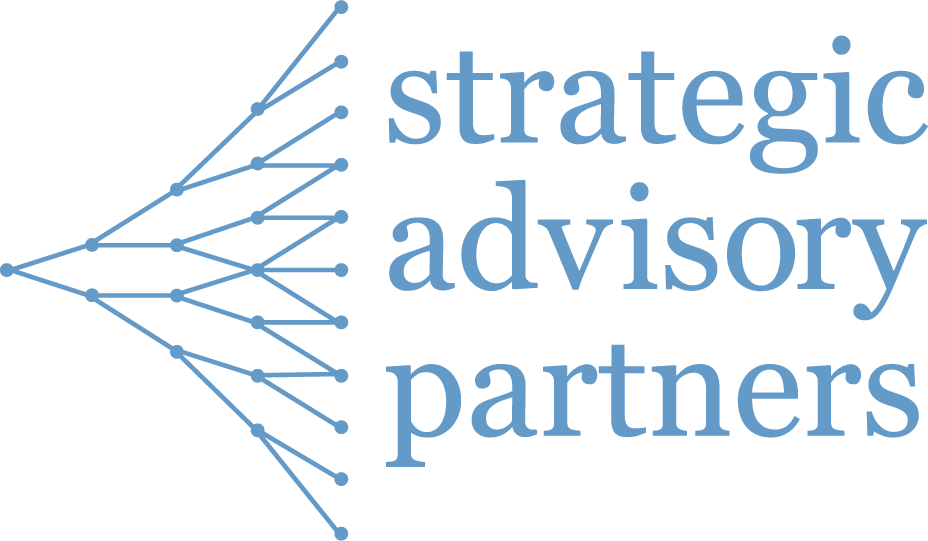Paying For College:
A Strategic Guide
– Chris Harris, Strategic Advisory Partners
Saving for college can often feel like a daunting task – or sometimes like it isn’t even possible. We’ve all heard those stories in the news about individuals who racked up $300,000 in student loans for a job that might never pay enough to cover that debt. It’s enough to make anyone think twice.
However, it’s important to keep in mind that college graduates tend to earn roughly $1,000,000 more in their lifetimes compared to those with just a high school diploma. Moreover, the earnings potential can be even higher, depending on your field of study. So, choosing to pursue a degree, especially in a field with promising career prospects, can be a smart investment.
Now, let’s tackle the big question:
How can you effectively fund your college education without drowning in debt?
Here are some practical strategies to consider before resorting to loans:
Scholarships and Grants
These are magical words in the world of college planning because they don’t have to be paid back. Nearly every university offers scholarships and grants to students. Still, don’t stop there; many states and other programs have their own financial aid opportunities. It’s essential to explore all potential sources of free money for your education.
529 Accounts
Think of a 529 account as your secret weapon for college savings. You contribute after-tax dollars, and the beauty is that your money grows tax-free. When you use the funds for qualified expenses (like tuition, fees, and even housing or meal plans), you won’t pay any taxes on the withdrawals. The fantastic news is that 529 accounts can also cover up to $10,000 per year for private K-12 schools.
Worried about what happens if your child decides not to attend college or receives scholarships? With the new SECURE 2.0 rules, unused 529 funds can be used to make Roth IRA contributions for the beneficiary.
Advanced Placement (AP) Courses and Dual Enrollment
High school students today have the opportunity to earn college credits while still in high school. Some may even finish high school with enough credits to significantly reduce their time in college. In some cases, students can graduate high school with an associate’s degree already in hand.
While this isn’t a requirement, it’s worth considering as an option to cut down on the overall cost of a bachelor’s degree.
NC Promise (North Carolina Residents)
If you live in North Carolina, you’re in luck! There’s a fantastic program called NC Promise. The state of North Carolina increases its annual contribution to four chosen universities in the state to reduce the cost of attendance for all resident students.
These universities cater to different regions of the state:
- Western Carolina University
- Elizabeth City State University
- Fayetteville State University
- UNC Pembroke
Thanks to NC Promise, the cost of tuition has been slashed to just $500 per semester. If you’re concerned about the cost of a four-year degree, this program presents a significant opportunity.
While the world of higher education can appear overwhelming and costly, there are still plenty of ways for individuals to make a worthwhile investment in themselves.
At Strategic Advisory Partners, we’re here to help you navigate this journey. We work closely with clients to understand their needs and goals, including those related to funding education. Together, we can create a customized plan that makes sense for your unique situation.
We believe that education is a valuable investment in your future, and we’re committed to helping you make the most of it.

Chris Harris, PhD
Financial Advisor
Helping clients define and reach their financial goals with integrity, boldness, accountability, and passion.


